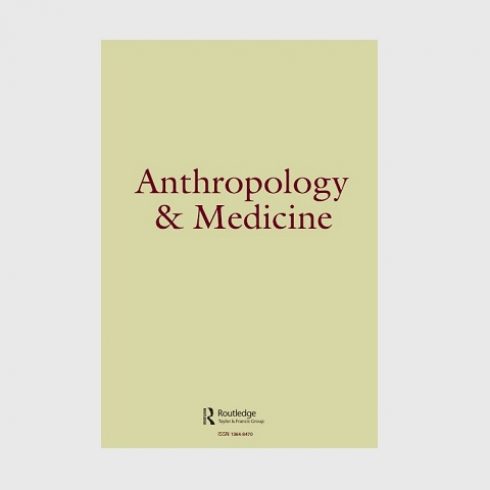Pharmaceutical Citizenship
Antidepressant Marketing and the Promise of Demarginalization in India
Stefan Ecks
Anthropology & Medicine 2006

Abstract
Among practitioners of biomedicine, to speak of people as ‘marginalized’ often amounts to saying that they do not have access to medical substances. Thus conceived, the best way to remove marginality seems to be to give medicines to those deprived of them. The peculiar relationship between marginality and pharmaceuticals is especially poignant in the case of antidepressant drugs, as these drugs appear to bring the patient ‘back into society’, but not any society, but middle-class consumer society. What is now special about antidepressants is that there is nothing special about them: antidepressants are like consumer items among thousands of other consumer items. This paper explores the relations between medicines and marginality with reference to the marketing of antidepressant drugs in Kolkata (Calcutta), India. Drawing on ethnographic fieldwork in the Kolkata metropolitan area from July 1999 to December 2000 and in August/September 2003, this paper examines how people with depression are constituted as ‘marginal’ in the sense of ‘being deprived of medication’, and how the biomedical promise of an effective pharmacological treatment becomes a promise of ‘pharmaceutical citizenship’. In view of Bengali notions of mental health as a state of detachment, the paper asks if pharmacological demarginalization holds the same promise in the Indian context that it holds in the West.
 Share
Share






Commentary
The latest commentary on the use of antimicrobials in society.
Welcome to the AMIS Hub!
The story of ‘How do we get patients to stop demanding antibiotics?' to where we are now.
Fresh Perspectives
Antimicrobials are central to many contemporary forms of care and production for humans, animals, plants and even objects – clothing,...
Sustainable aquaculture in Bangladesh
Rather than asking how antibiotics enable livelihoods in situations of increasing precarity, our research asks whether it is possible to...